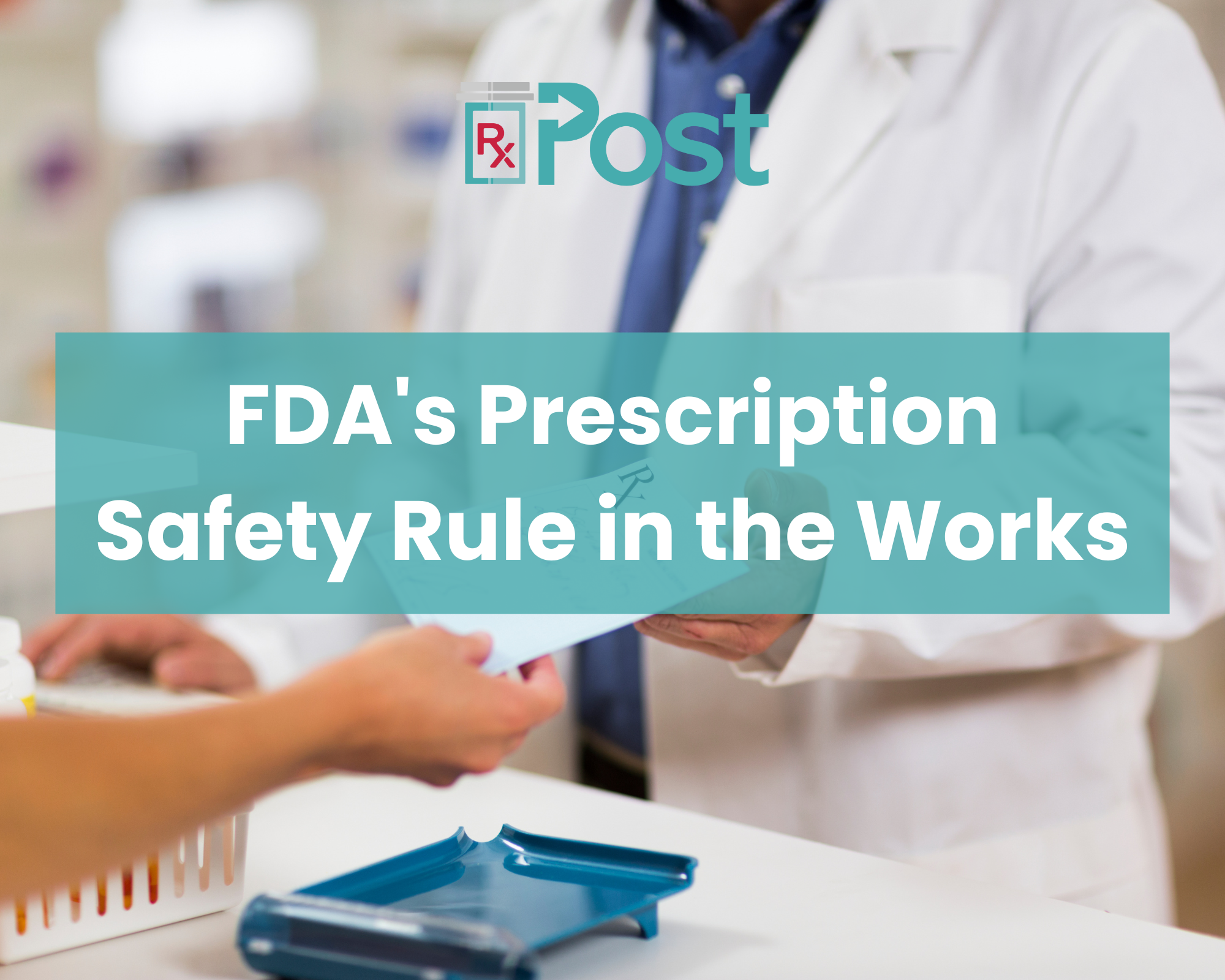The FDA's proposed Prescription Medication Information (PMI) regulation aims to revolutionize current consumer medication information, potentially reducing prescription nonadherence and accidental misuse in the US. Studies highlight that such misuse contributes to 25% of hospitalizations, half of treatment failures, and around 100,000 deaths annually. While studies demonstrate the benefits of clear written communication in reducing nonadherence, existing consumer prescription information is often too lengthy, technical, or flawed.
The proposed PMI rule seeks FDA approval for prescription medication information across outpatient settings and blood transfusion clinics, with the goal of focusing on four vital aspects: drug name, safety info, common adverse effects, and usage directions. This would involve a revised one-page format designed to enhance readability and clarity.
The proposed format aligns with consumer preferences and could lead to improved prescription nonadherence, reduced misuse, better healthcare decisions, and cost savings. The FDA estimates potential savings between $120 million to $4.3 billion over a decade. These savings stem from fewer hospitalizations and related healthcare costs. While the industry cost of complying with the PMI regulation is projected at $12 to $40 million over ten years, the potential benefits far outweigh this expense.
Additionally, the PMI regulation's implementation could occur over five years without disrupting the drug approval process. This approach could simultaneously enhance patient safety and foster significant savings. Although the regulation offers several advantages, input from pharmacists could further strengthen it in three key areas.
Firstly, considering the cost-effectiveness of FDA-cleared translations for non-English languages could tackle non-adherence caused by low health literacy. Secondly, adopting digital PMIs as the default format, with paper versions available upon request, could save resources and provide easier accessibility. Lastly, clear FDA guidance on whether the new PMI guides supersede other types of consumer medication information, like medication leaflets, could eliminate confusion and inconsistency.
Despite these recommendations, the proposed PMI has the potential to improve patient safety, healthcare spending efficiency, and adherence issues. Given the severity of the prescription nonadherence problem in the US, FDA intervention is crucial. The PMI regulation's focus on crucial areas and its emphasis on providing consumers with FDA-cleared information make it an essential step toward reducing accidental prescription misuse and non-adherence. Pharmacists' input is vital in refining the rule to effectively address these challenges.
Full article from Pharmacy Times here.
Interested in savings on prescription medications? RxPost can help you buy or sell excess drug inventory to improve your profits and offer better patient service. Learn more about RxPost here.

